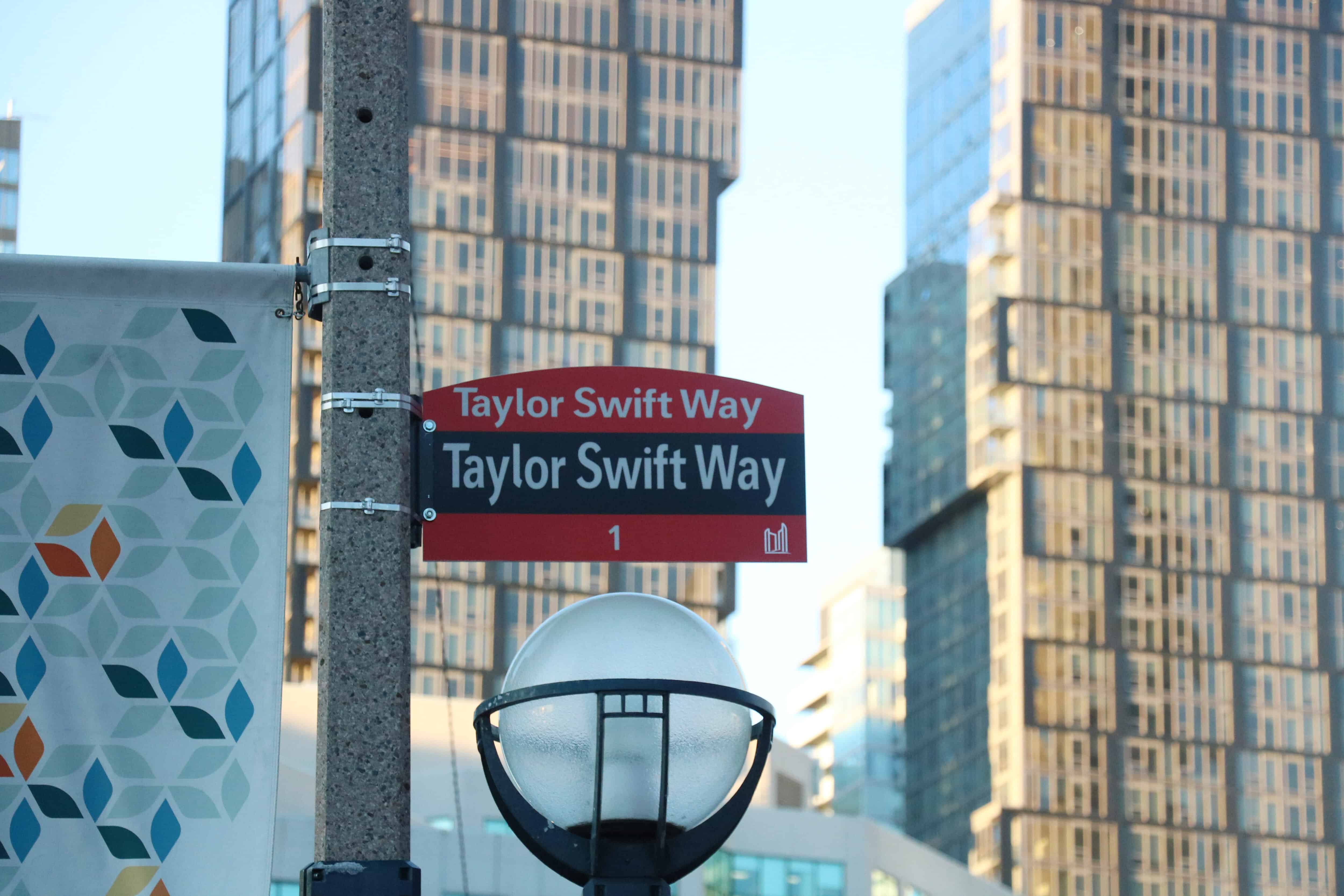From November 14–23, Taylor Swift’s Eras Tour will be showing in Toronto at the Rogers Centre. The city will accommodate this tour for six nights by optimizing transit, enhancing security, and even renaming streets after her.
The concerts are expected to bring the city $282 million in revenue However, with this revenue, the concerts are also expected to introduce new noise, traffic, and surge pricing into the lives of Torontonians. Although the hordes of ‘Swifties’ are bringing in the money, is it worth the accommodation efforts?
Are we “…Ready For It?”
From its inception, Swift’s Eras Tour has been huge. Being Swift’s first tour since the COVID-19 pandemic, she has released four albums and two re-releases of older albums along with a slew of bonus tracks. She’ll be performing songs from her latest album The Tortured Poets Department all the way back to her 2008 hit single “Fearless.” The setlist is expected to be nearly three hours long.
Swift will be performing six sold-out shows at the Rogers Centre, a venue with nearly 50,000 seats. In total, this means she’ll be bringing nearly 300,000 people to the venue to watch her perform.
Of the projected $282 million in revenue that Swift is expected to produce, Destination Toronto data estimates that $152 million will come as a result of direct spending on purchases, food, and accommodations, $141 million of which coming from visitors to the city and the rest coming from locals. The city, provincial, and federal governments are set to make $40 million from tax revenue alone from the Eras Tour. Toronto itself will also make an estimated five million dollars to $7.5 million from parking, transit fares, and hotel taxes.
Because of this large volume of revenue entering the city and the influx of visitors, Toronto is making changes to transit schedules and security to ensure the concerts go by smoothly. For example, the GO train will run special ‘late-night’ trips on its Milton Line, for the duration of Swift’s tour. Roads in the downtown core around the Rogers Centre — including parts of Bremner Boulevard, Rees Street, and Blue Jays Way — will also be closed to accommodate the concert, which will likely impact traffic around the region given these roads’ importance to the downtown core and their proximity to the Gardiner Expressway.
Should we “tolerate it”?
According to Ontario Premier Doug Ford and Toronto Mayor Olivia Chow, the benefits brought by the concerts are worth taking these measures to make Toronto an attractive place for performers and artists. Ford said that he “can’t wait” for Swift’s performance. Chow also expressed excitement, and said “Toronto is excited to welcome another major event this November that will contribute millions of dollars in direct spending and support local businesses and jobs.”
Despite this, it is impossible to deny the amount of traffic and noise the concert will likely bring to Toronto’s already congested core. Many, including U of T students, are concerned that the influx of people could spread across the city and result in six days of traffic jams, packed hotels, and transit crowds in the region.
In an email to The Varsity, second-year architecture student Grace Jiang expressed that though she is a fan of Swift, she is concerned about the concert and its impacts. “For one, it’s going to be really loud, and there might be too much Taylor Swift,” she wrote. Jiang was also worried about the price of Ubers in the city and the crowds that the concert could create. “Ubers are going to be really expensive, and I’m worried that it’ll be hard to get around [on concert nights].”
Given their size and location, the six concerts also bring in security concerns. As of late, concerts have become targets for attacks. Recently, there were threats made to a Taylor Swift concert in Vienna, with two suspects having been arrested.
Additionally, other measures the city has taken in order to welcome Swift, such as the temporary renaming of a stretch of Queen Street West and John Street to “Taylor Swift Way” for November, have cost $14,000 to be paid by Rogers.
At the end of the renaming period, the 22 street signs for Taylor Swift Way will be donated to the Daily Bread Food Bank for the charity to auction off and raise funds. Rogers will match the amount raised up to $113,000 — a reference to Swift’s lucky number, 13.
While the revenue the six concerts are bringing into Toronto is undeniable, the exact impacts Swift will have on the city is yet to be determined.



No comments to display.